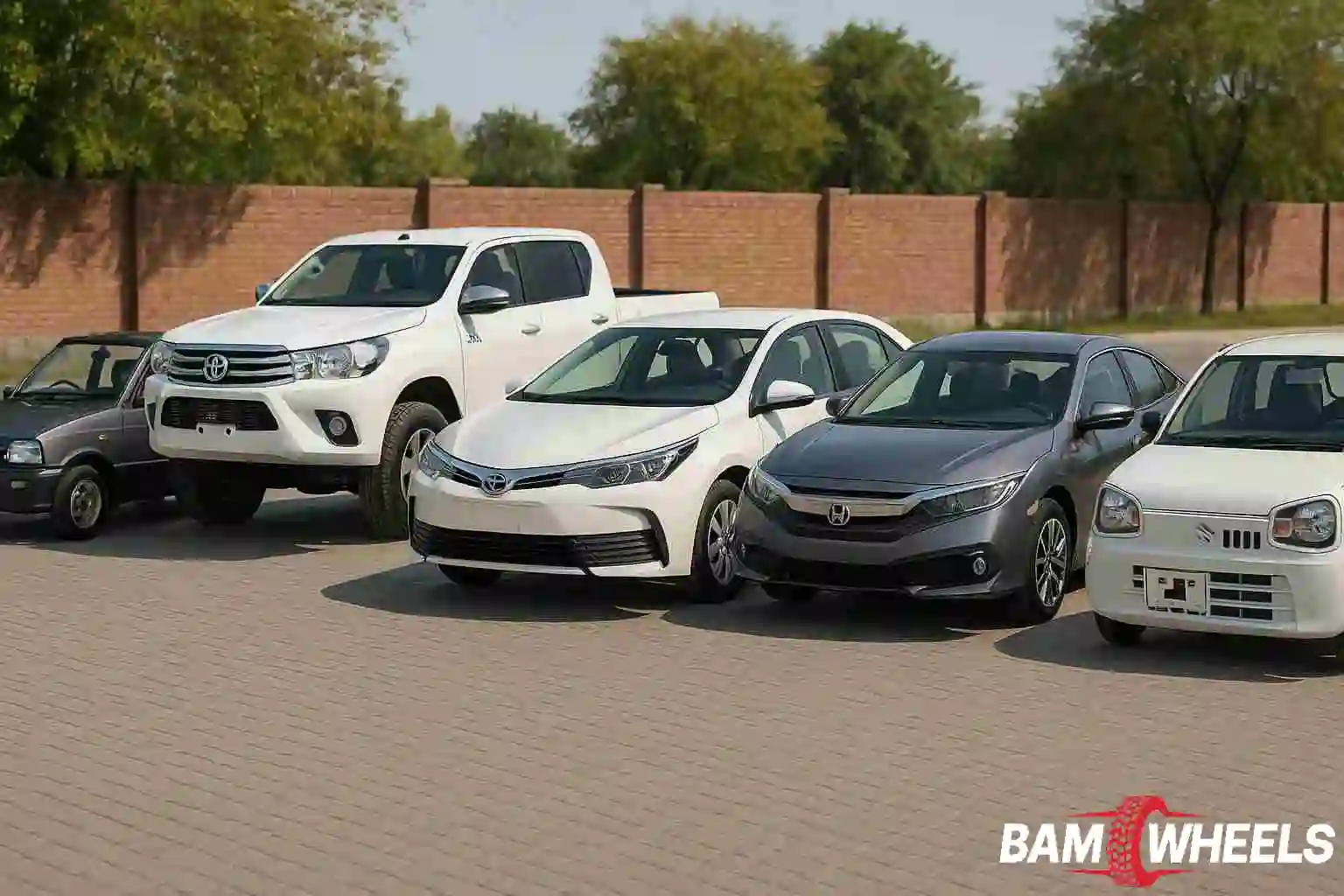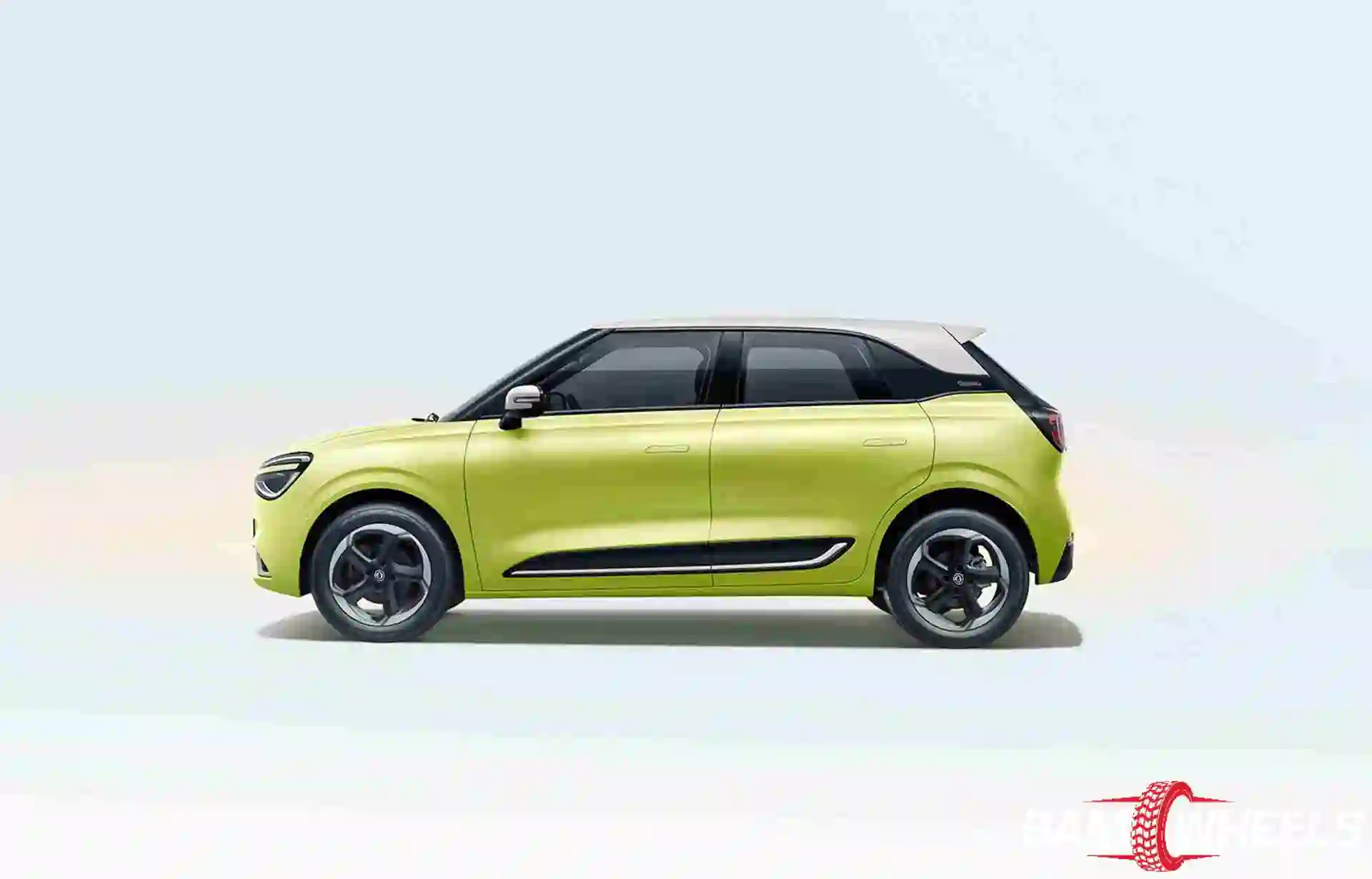German Cars vs. Japanese Cars: Separating Myth from Reality
The debate about whether German cars are better than Japanese cars has fueled passionate arguments among car enthusiasts for years. While both have their strengths, it’s important to separate myths from reality to make an informed comparison.
Myth 1: German Cars Are Universally Superior
German cars—brands like BMW, Mercedes-Benz, and Audi—are often hailed as the pinnacle of automotive excellence. Their sleek designs, cutting-edge technology, and luxurious interiors make them standout choices for many car enthusiasts. However, this perception doesn’t mean they are inherently “better” than Japanese cars. Automakers like Toyota, Honda, and Mazda prioritize reliability, affordability, and practicality, producing vehicles that consistently perform dependably over the years.
Moreover, while German brands boast a strong legacy in performance—exemplified by icons such as the Porsche 911 and BMW M Series—Japanese automakers have developed their own performance powerhouses. Vehicles like the Nissan GT-R and Toyota Supra demonstrate that Japanese engineering competes capably on a global stage in terms of speed, handling, and innovation.
Reality: Performance vs. Reliability
German cars are designed for performance enthusiasts. Their precision engineering delivers powerful engines, superior handling, and an unmatched driving experience, often epitomized by vehicles like the Porsche Cayenne or BMW M Series. However, this focus on performance sometimes comes at the expense of long-term reliability and affordability.
Japanese cars, by contrast, excel in longevity and practicality. Models like the Toyota Corolla or Honda Civic are renowned for their durability and low maintenance costs, making them ideal choices for budget-conscious drivers or those seeking long-term dependability. While German cars have made strides in quality control, Japanese automakers continue to dominate in the reliability rankings.
Ultimately, the choice depends on individual priorities—whether you value high-performance driving or a reliable, cost-effective ownership experience.
Myth 2: German Cars Always Offer Better Value
German cars are often associated with luxury, prestige, and cutting-edge engineering, but these qualities come with a price. The higher initial costs of German vehicles, coupled with expensive maintenance and repairs due to their complex systems, challenge the idea that they always provide better value. In contrast, Japanese cars, though less extravagant, focus on minimizing repairs and retaining higher resale values, making them practical choices for long-term ownership.
It's also a misconception that German cars are universally more expensive. While brands like BMW, Mercedes-Benz, and Audi dominate the luxury segment, they also produce affordable models like the Volkswagen Golf, which competes directly with Japanese sedans. Conversely, Japanese automakers offer premium vehicles with hefty price tags, such as the Toyota Land Cruiser or the Nissan GT-R, proving that value is more nuanced than just price points.
Reality: Innovation and Appeal
German automakers excel in luxury innovation, often leading the industry with features like adaptive cruise control, advanced infotainment systems, and semi-autonomous driving technologies. These innovations cater to buyers seeking cutting-edge advancements and exclusivity.
On the other hand, Japanese manufacturers emphasize accessible and practical technology for a broader audience. Brands like Lexus and Acura rival German luxury with models like the Lexus LS, which competes directly with the Mercedes-Benz S-Class in comfort, performance, and innovation—often at a more competitive price.
Ultimately, value depends on what a buyer prioritizes: the prestige and innovation of German vehicles or the reliability, practicality, and affordability of Japanese models. Both offer compelling options tailored to different preferences and budgets.
In conclusion, German cars excel in luxury, performance, and prestige, making them ideal for enthusiasts. Japanese cars, however, dominate in reliability, efficiency, and affordability. The “better” choice ultimately depends on individual priorities and needs.





